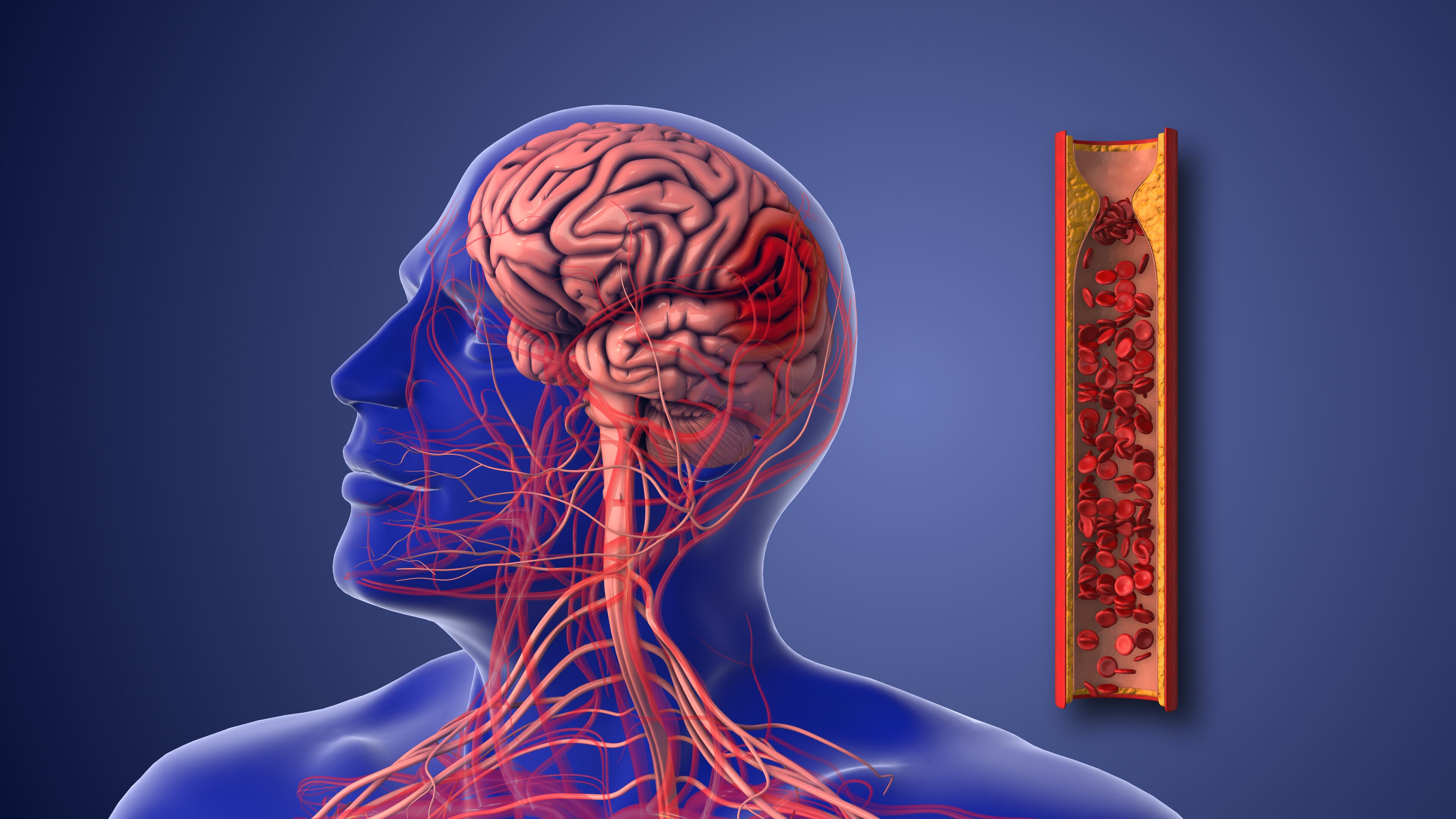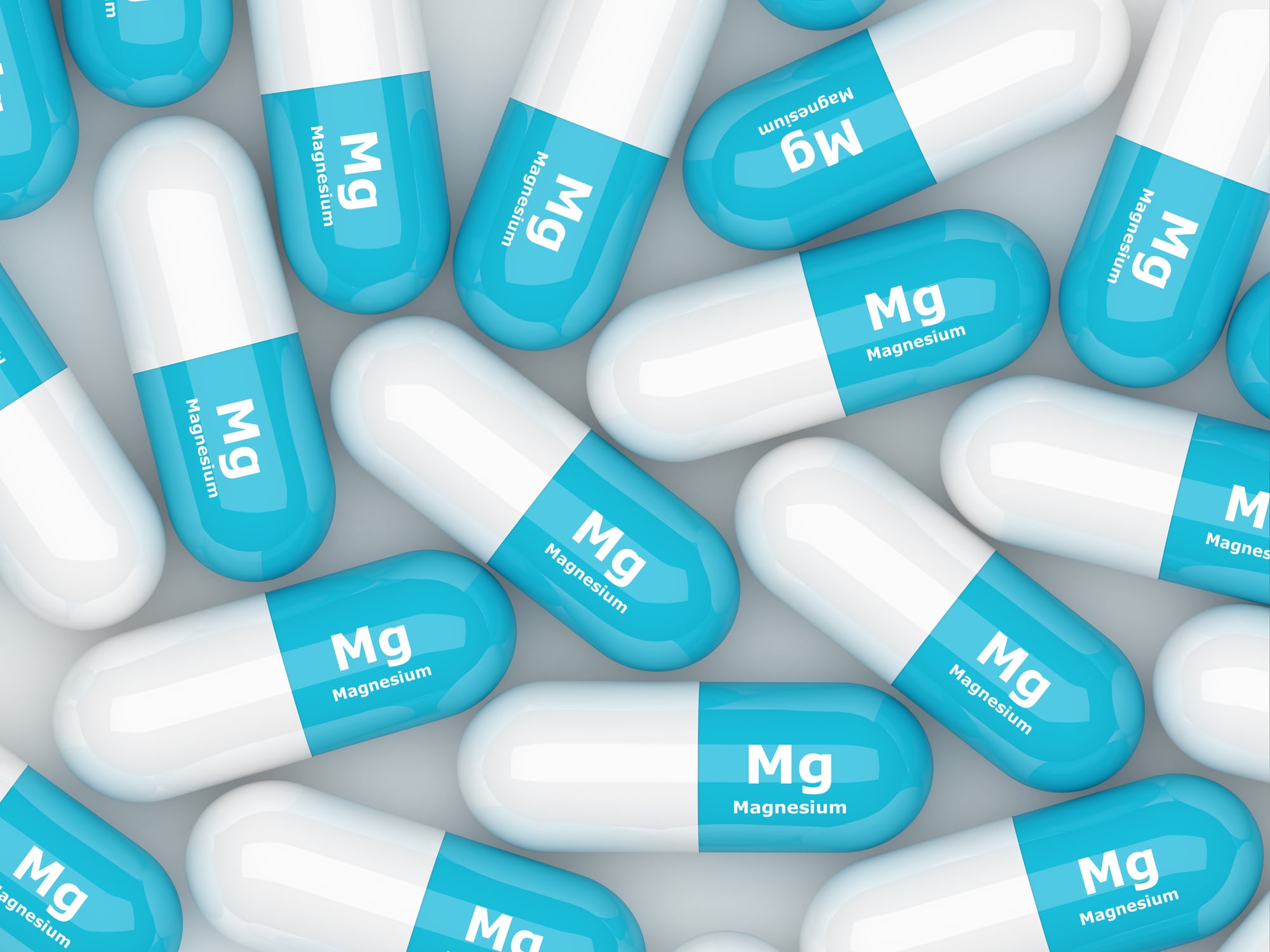Sitting-induced retrograde blood flow (BF) increased in the older group compared to the younger adults, and the flavanol drink was able to mitigate this. However, the difference was not statistically significant, according to researchers at the University of Birmingham in the UK.
“Our preliminary data highlight that food choices during periods of sitting might have the potential to minimize the impact of inactivity on resting cerebral BF in older adults,” they wrote.
The researchers noted that although the flavonol dose used in the study was relatively high (695 mg), the same dose could be achieved by consuming two cups of green, black tea or unprocessed cocoa or a combination of apples, berries and green/black tea.
How sitting may affect the brain
Cognitive impairments and dementia have previously been linked to reduced cerebral blood flow, and lifestyle factors such as diet and physical inactivity have been shown to accelerate a decline in brain function.
The current study notes that sedentary behavior is highly prevalent, “with both young and older adults estimated to sit for more than 7 and 9 h/day, respectively,” increasing the risk of many chronic conditions.
Additionally, sedentary behavior is associated with increased stiffness and plaques in the common carotid artery (CCA), which reduces blood flow to the brain and impairs cognitive function.
“Critically, modulation of the brain vasculature can occur within a few hours of sitting uninterruptedly,” the researchers noted. “For example, it has been shown that 1 to 8 h of sitting reduces blood velocity in the middle cerebral artery (MCA) in young and overweight/obese older adults”.
Flavanols may protect the brain from decreased blood flow by increasing nitric oxide-induced vasodilation. The researchers called for further studies that measure the production of nitric oxide to confirm this mechanism.
Study details
The randomized, double-blinded, crossover, placebo-controlled trial involved 40 healthy younger males between the ages of 18 and 45 (classified as high-fit or low-fit based on their VO2 peak) and 20 healthy older adults aged 65 or older (13 females and seven males).
Participants refrained from consuming polyphenol-rich foods and drinks for at least 24 hours before the start of the study. Then, they consumed either a high-flavanol (695 mg) or low-flavanol (5.6 mg) cocoa beverage just before sitting for two hours, keeping their legs as still as possible.
The researchers assessed resting carotid artery retrograde/anterograde BF and shear rate (SR) and arterial diameter before and after the intervention to evaluate blood flow to the brain.
“The findings suggest that flavanols may have the potential to attenuate the detrimental sitting-induced augmentations of retrograde BF and SR in older adults, although larger well-powered RCTs are required to confirm this,” the researchers wrote.
“Furthermore, both young and older adults experienced declines in anterograde BF after sitting, but only older adults experienced increases in retrograde BF,” they added, recommending larger, well-powered studies to confirm the findings.
Source: Nutrients 2025, 17(13), 2099. doi: 10.3390/nu17132099. “The Impact of Cocoa Flavanols in Modulating Resting Cerebral Blood Flow During Prolonged Sitting in Healthy Young and Older Adults”. Authors: A., Daniele et al.




